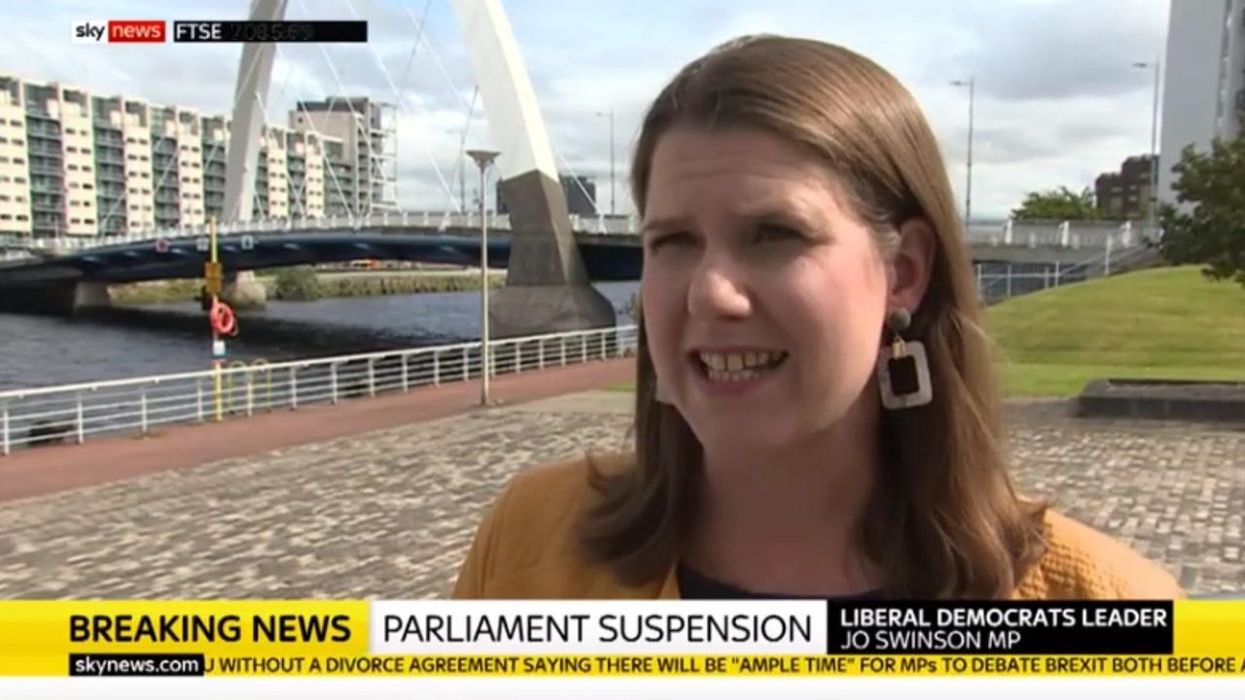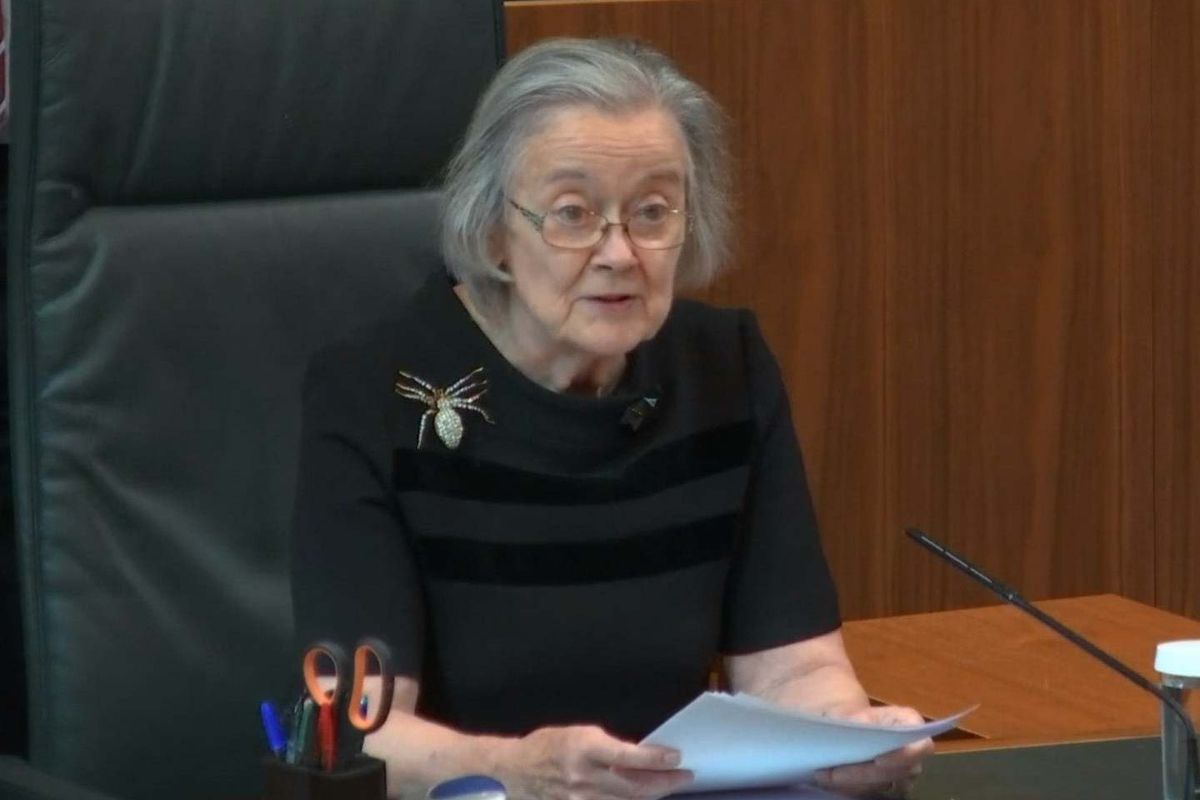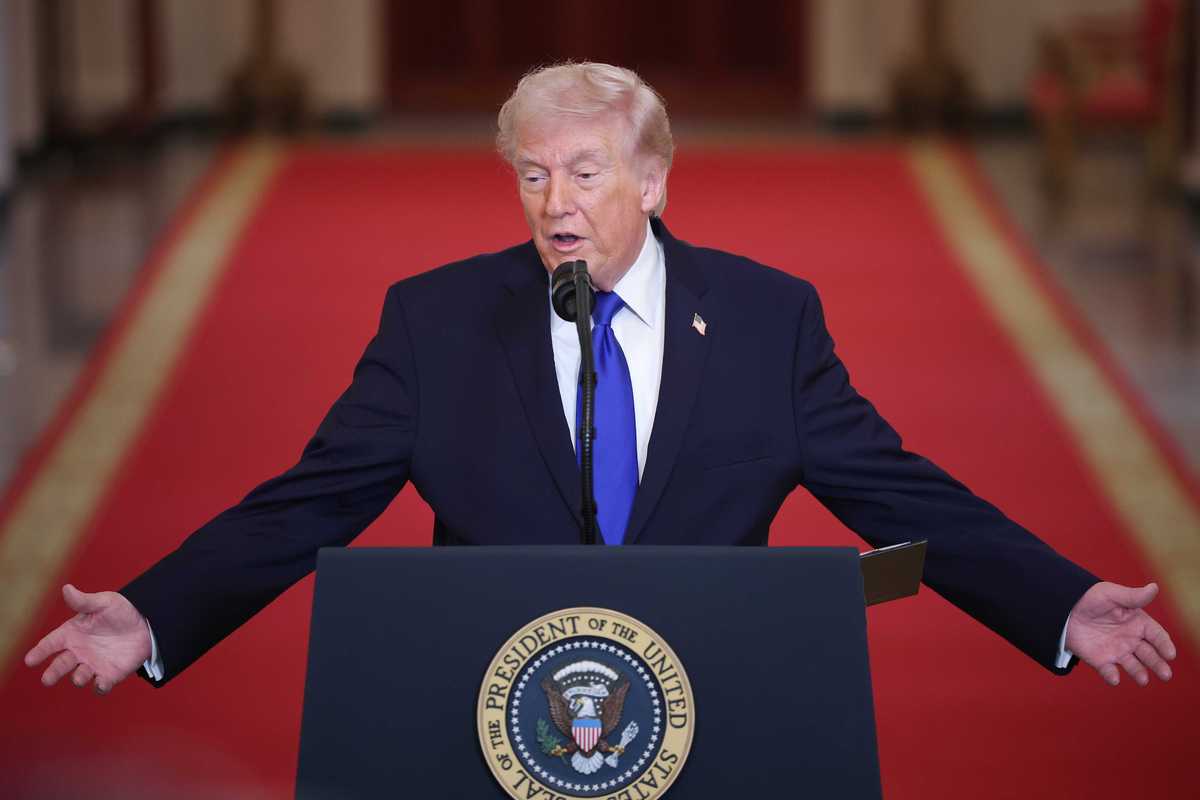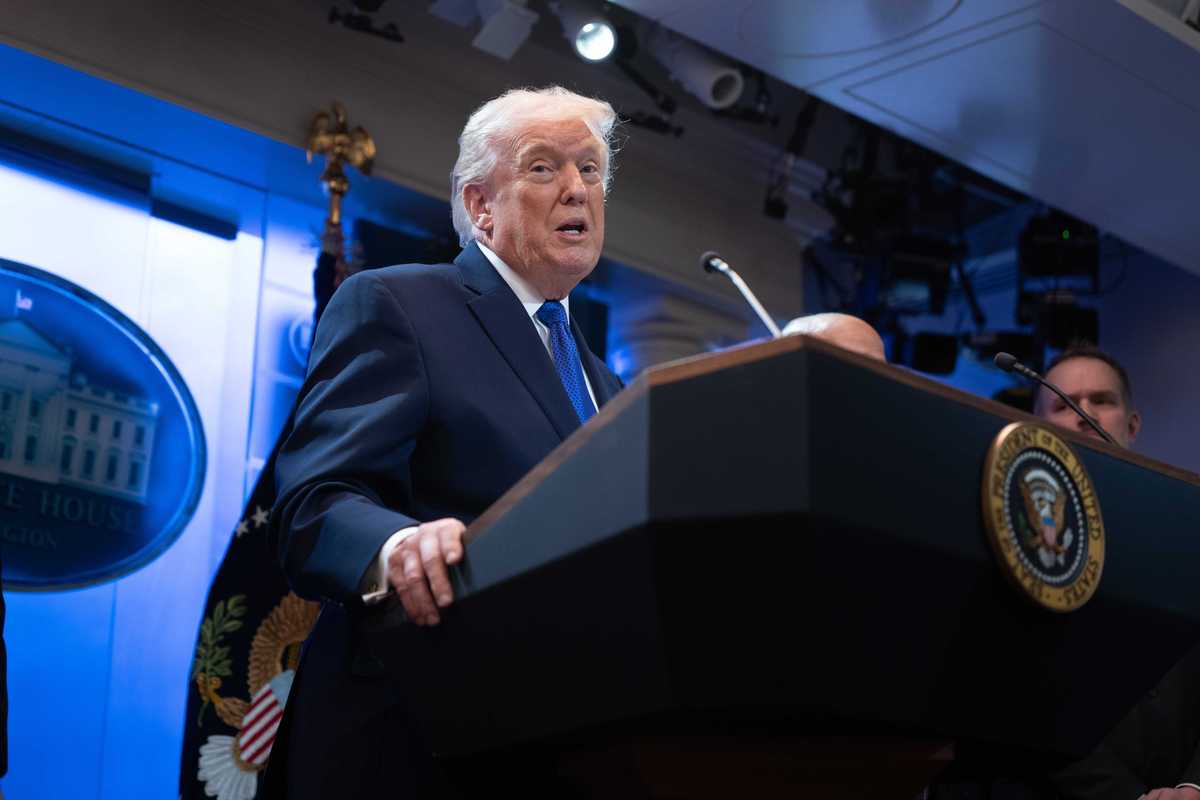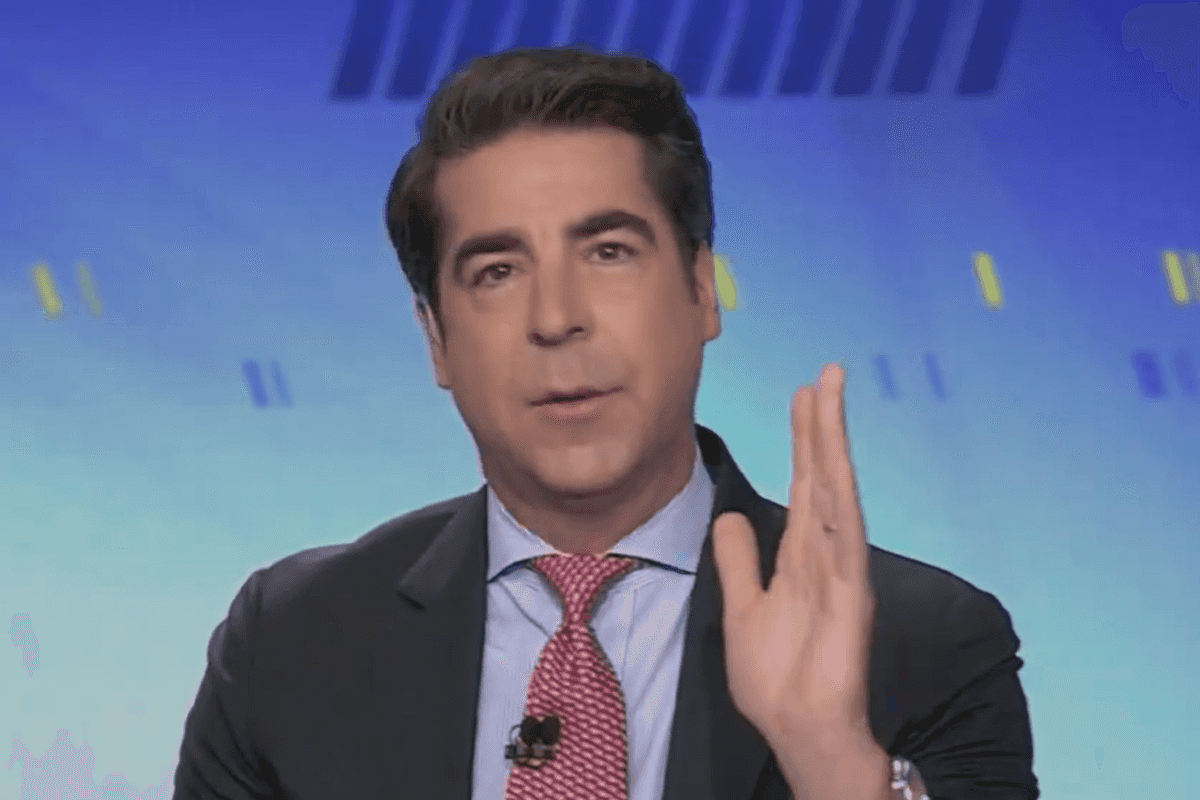Kate Plummer
Apr 27, 2022
Lib Dem leader Jo Swinson says proroguing Parliament is an 'outrageous power ...
Independent
If we told you, under three years ago, that Boris Johnson's new government would go on to have an awkward relationship with the law not one, not two, not three... but seven times, you would surely think we were joking.
After all, what 'civilized' government gets repeatedly dragged to court? And what 'civilized' government, once there, gets repeatedly told they've f***ed up?
Our government, sadly, and today they have been in trouble over their pandemic policy of discharging untested patients into care homes. We'll get into that, but until then...
Sign up to our free Indy100 weekly newsletter
Here are seven of the times the conduct of Johnson's government has been slapped on the wrist by the powers that be.
Hancock's Dido Harding appointment
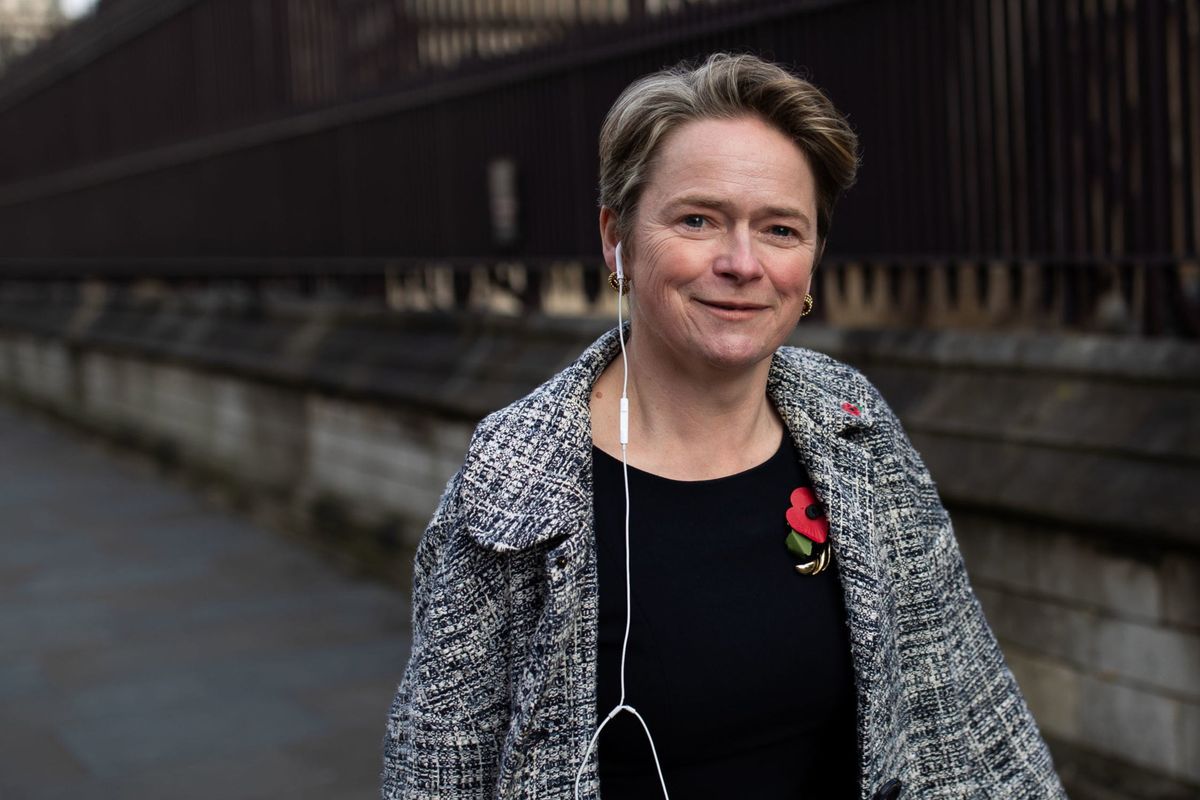
Former health secretary Matt Hancock broke equality laws by appointing Dido Harding to a top health job, the High Court has ruled.
Hancock did not comply with a public sector equality duty when he appointed the Tory peer as interim executive chair of the National Institute for Health Protection, and Mike Coupe as director of testing at NHS test and trace in September 2020.
The judgement said: “There is no evidence from anyone saying exactly what was done to comply with the public sector equality duty when decisions were taken on how each appointment was to be made.”
However, the judges dismissed a claim by the Good Law Project, who joined the action with race equality think tank the Runnymede Trust, that the government did not adopt an “open” process when making appointments.
They found that “the evidence provides no support” for the legal group’s claim that Baroness Harding and Coupe won their appointments due to “personal or political connections with the decision-maker”.
Failing to provide a British Sign Language (BSL) interpreter for Covid data briefings
The UK Government breached the Equality Act 2010 when it failed to provide a BSL interpreter for two coronavirus briefings.
A High Court judge ruled in July 2021 that the act was broken on two separate occasions, 21st September 2020 and 12th October 2020, due to "a failure to make reasonable adjustments"
In the ruling, Justice Fordham said there was a “clear barrier” without BSL interpretation, causing the message to be “blocked, or scrambled, or delayed”.
“The barrier to information in an accessible format arose by reason of disability. The lack of provision – the provision of subtitles only – was a failure of inclusion, suggestive of not being thought about, which served to disempower, to frustrate and to marginalise,” he said.
PPE "VIP lane"
The government's use of a "VIP lane" to fast-track PPE contracts to two companies during the pandemic was unlawful, the High Court ruled.
In January this year, judges said giving £340m in contract to PestFix, a firm that supplies pest control products, and about £252m to the hedge fund Ayanda Capital was “in breach of the obligation of equal treatment” though they noted both offers were likely to have been given contracts anyway because they were offering PPE at a time of high demand.
Campaigners claimed the VIP lane was reserved for referrals from MPs, ministers and senior officials and gave some companies an unfair advantage, but the government rejected this and said they needed to take "swift and decisive action" to secure PPE.
The judge said the DHSC's evidence "establishes that presence on the high priority lane did not confer any advantage at the decision-making stage of the process", but she said it was clear that "offers that were introduced through the senior referrers received earlier consideration at the outset of the process".
They also found that some supplies were unsuitable for us.
Covid contracts
Hancock again. In February 2021 it was found that the health secretary acted unlawfully when his department did not reveal details of contracts it had signed during the Covid pandemic.
A judge said the health secretary had "breached his legal obligation" by not publishing details within 30 days of contracts being signed.
The public had a right to know where the "vast" amounts spent had gone and how contracts were awarded, he added.
Proroguing parliament
Lady Hale, delivered the verdict of the Supreme Court
Supreme Court/PABoris Johnson's decision to suspend Parliament for five weeks in 2019 was unlawful, the Supreme Court ruled.
Delivering the judgement at the time, after Johnson was accused of stopping parliament from scrutinising Brexit legislation by suspending it, president Lady Hale said: "The decision to advise Her Majesty to prorogue Parliament was unlawful because it had the effect of frustrating or preventing the ability of Parliament to carry out its constitutional functions without reasonable justification."
At the time, the government insisted it was normal procedure.
Disability strategy consultation
A government consultation on it's disability strategy was found to be unlawful in January this year.
The UK Disability Survey gained 14,000 responses but was found to have failed to consult with people effectively.
The case was brought by four disabled people, who said they were "very pleased" with the outcome.
The government said it was "disappointed" and would "consider its next steps carefully".
Partygate continues
The prime minister and the chancellor Rishi Sunak were fined by the police for attending a Downing Street event in June 2020, in which the former was ambushed with a cake, if you recall.
The fine made Johnson the first sitting PM to be sanctioned by the police for breaking the law while in office and you know what they say - well behaved people seldom make history...
While Johnson and Sunak have received fines, the Metropolitan Police's investigation of 12 gatherings held on eight dates during the pandemic is not yet over.
This means they or other government officials could receive further fines.
Good times.
Covid care homes policy
That bring us to today, and we are back to Covid again.
The high court ruled that discharging untested patients into care homes in England without isolating them at the start of the Covid pandemic was illegal and "irrational".
Hancock had said that “right from the start we have tried to throw a protective ring around our care homes”, but the result of this case may suggest otherwise.
The discharge policy was only changed on 15 April 2020 to require testing for discharges and 14-day isolation for new admissions from the community.
The verdict was handed down by Lord Justice Bean and Mr Justice Garnham.
They said: “The decisions of the secretary of state for health and social care to make and maintain a series of policies contained in documents issued on 17 and 19 March and 2 April 2020 were unlawful because the drafters of those documents failed to take into account the risk to elderly and vulnerable residents from non-symptomatic transmission.”
The judges said the discharge and admissions policies in March and April 2020 were “irrational in failing to advise that where an asymptomatic patient (other than one who had tested negative) was admitted to a care home, he or she should, so far as practicable, be kept apart from other residents for 14 days”.
The Department of Health and Social Care, released a statement following the judgement. They said: “We specifically sought to safeguard care home residents based on the best information at the time.
“The court recognised this was a very difficult decision at the start of the pandemic, evidence on asymptomatic transmission was extremely uncertain and we had to act immediately to protect the NHS to prevent it from being overwhelmed.
“The court recognised we did all we could to increase testing capacity. We acknowledge the judge’s comments on assessing the risks of asymptomatic transmission and our guidance on isolation.”
Have your say in our news democracy. Click the upvote icon at the top of the page to help raise this article through the indy100 rankings.
Top 100
The Conversation (0)
